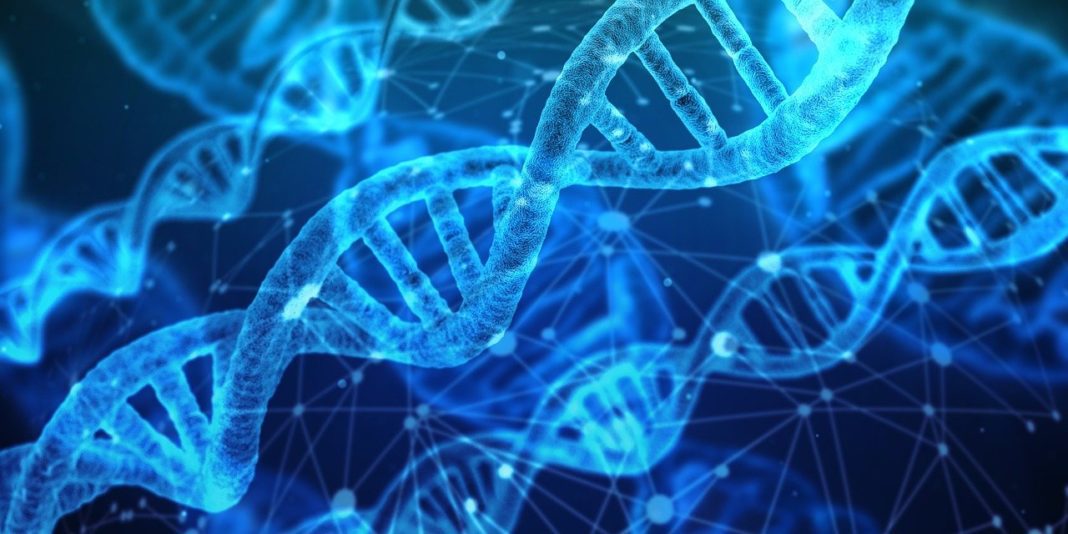A repressor is a protein that inhibits the activity of an operon. A repressor binds to DNA in order to inhibit transcription. There are two types of repressors: The first type, called a global inhibitor, can bind any gene on the DNA strand at one time. The second type, called a localized inhibitor, only binds to specific genes and cannot bind anywhere else on the DNA strand.

I would like to focus my discussion on the localized inhibitor. This type of repressor only binds to specific genes and cannot bind anywhere else in DNA strand. When a protein is added that can block the binding site, it will inhibit transcription for those genes as well. The function of this kind of repressor is so important because it allows cells with many different functions to keep these parts independent from one another if necessary. A global inhibitor has the same ability as a localized promoter; they both promote gene expression by allowing RNA polymerase access through their sequence-specific recognition sites on DNA strands. However, unlike local promoters which have high specificity for individual sequences (a positive regulator) or negative regulators), global inhibitors lack such specificity and act more












